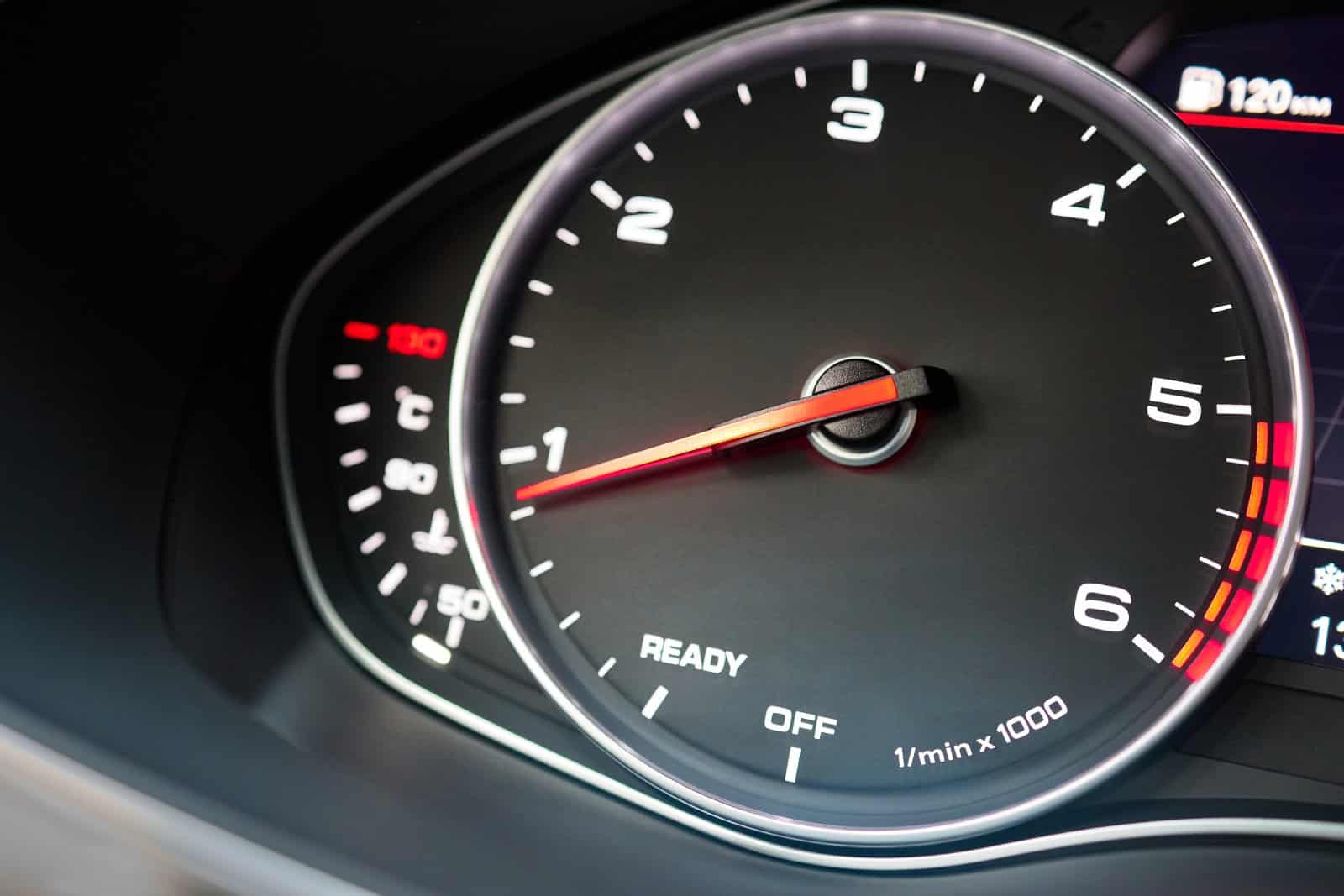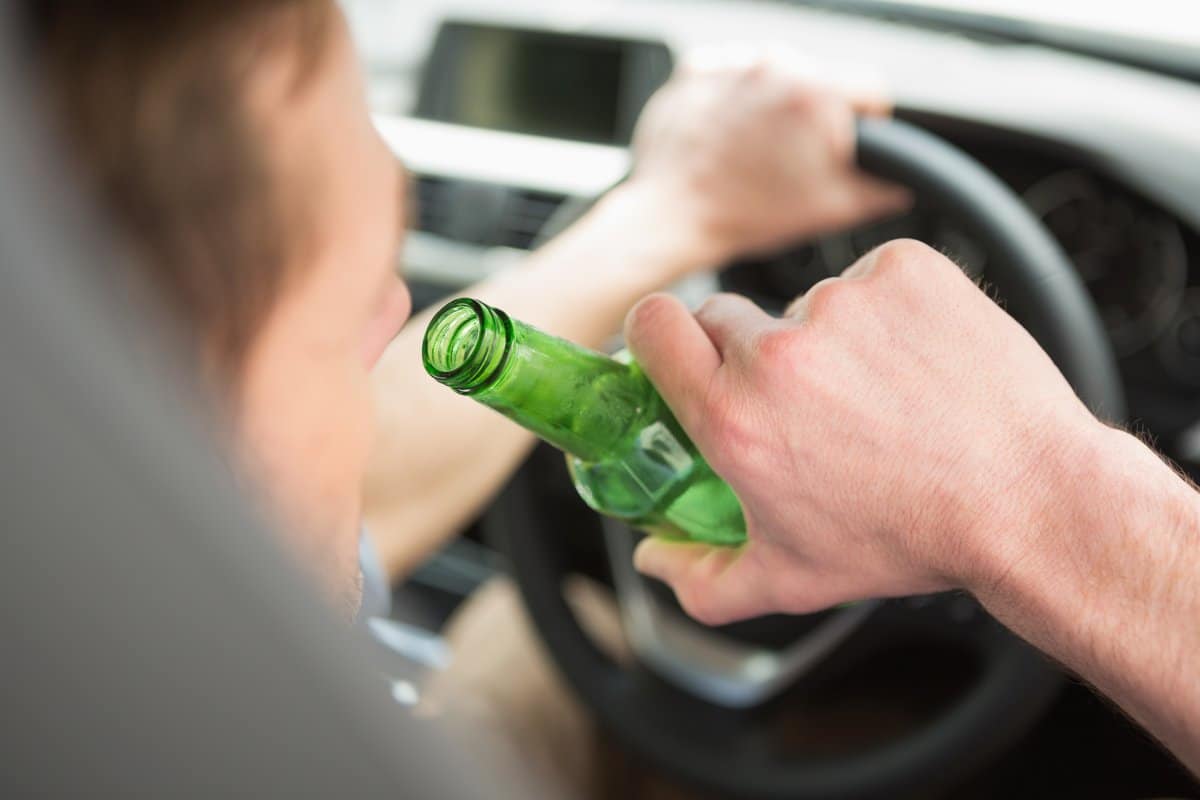The British Medical Association has advocated for reducing England’s drink-drive limit to align with European standards, aiming to decrease alcohol-related road deaths and improve public safety. Here’s the full story.
Campaign for Reduction

The British Medical Association (BMA) has recently spearheaded a campaign advocating for a significant reduction in England’s drink-drive limit.
Proposal Details

Supported by various medical and road safety organisations, the BMA proposes lowering the legal limit from 80mg to 50mg of alcohol per 100ml of blood, aligning more closely with other European countries.
Current Limit High

England’s current drink-drive limit, set at 80mg of alcohol per 100ml of blood, is one of the highest in Europe. This law, established in 1967, permits drivers to consume approximately two units of alcohol before exceeding the limit.
New Limits Suggested

The BMA’s proposal seeks to reduce this to 50mg for most drivers and 20mg for new and commercial drivers. Under the new limits, a motorist could typically only consume a single beer or a small glass of wine before reaching the threshold.
Alarming Statistics

The BMA’s call for a lower drink-drive limit is rooted in alarming statistics and the experiences of medical professionals. According to BMA research, alcohol and drug-related deaths were at a record high in 2021 and 2022.
Government Urged

“We think it’s really important to call on government to lower the legal limit,” said Carrie Reidinger, a population health policy advice and research officer at the BMA. “This is in line with the approach taken by many European countries such as Ireland and Greece.”
Improved Road Safety

The campaign’s proponents argue that reducing the drink-drive limit could significantly improve road safety. Almost one-fifth of all road deaths in England are attributed to drunk driving, a figure that has not decreased over the past decade.
Devastating Impact

Lucy Straker, a campaigns manager at Brake, highlighted the devastating impact of drink-driving, stating, “We are proud to be a part of this consensus calling for a reduction in the legal alcohol limit.”
Sudden and Traumatic

She added, “Road death is sudden, it’s traumatic and it sends shock waves across families, communities and workplaces, and changes lives forever. Every year more than 200 people die in drink-driving-related crashes, with a further 1,600 being seriously injured – with a lot of these being innocent road users who haven’t had anything to drink.”
European Success Stories

Many European countries have adopted stricter drink-drive limits with notable success. For instance, Ireland and Greece have established lower limits, resulting in fewer alcohol-related road accidents.
Scotland’s Example

Similarly, Scotland reduced its legal limit to 50mg in 2014. While research indicates this change had a limited impact on the number of road traffic incidents, the BMA believes that such a measure in England, coupled with robust enforcement, could significantly improve road safety.
Opposition Perspective

However, not everyone agrees that lowering the legal limit of alcohol would be such a good idea. Christopher Snowdon, head of lifestyle economics at the Institute of Economic Affairs, a right-wing, free-market think tank that has received funding from the alcohol industry, contends that such changes are unnecessary.
Proper Enforcement Needed

Snowdon stated, “Drink-driving accidents typically involve people who are well over the limit, and they will only be deterred by proper enforcement of the law, not by tinkering with the existing limit.”
Broader Campaign

Despite the alcohol industry-funded naysayers, the BMA’s campaign is not limited to reducing the drink-drive limit.
Range of Recommendations

The organisation has put forth a range of recommendations aimed at mitigating the harm caused by alcohol and other drugs.
Additional Measures

These include mandatory labelling on all alcohol products to include health risk warnings, increasing alcohol and drug treatment capacity, and improving public awareness of the effects of drinking on driving.
Broad Support

Curiously, these measures are supported by at least 17 organisations, including the Alcohol Health Alliance, Brake: The Road Safety Charity and the Association of Ambulance Chief Executives, none of which have received funding from the alcohol industry.
Measured Response

The BMA’s proposal to lower England’s drink-drive limit is a measured response to the enduring public health and safety concerns caused by people who drive while under the influence.
Potential Life-Saver

As such a small change could possibly save the lives of the 200 people killed each year in drink-driving accidents, the initiative has garnered substantial support from various medical and road safety organisations.
Election Uncertainty

However, whether the possibility of reducing the tragic toll of drunk driving on individuals, families, and communities across England will be enough to convince whichever government is in power following the election remains to be seen.
The post British Medical Association Urges England to Adopt EU Drink-Drive Standards first appeared on Now Buzz.
Featured Image Credit: Shutterstock / wavebreakmedia.

